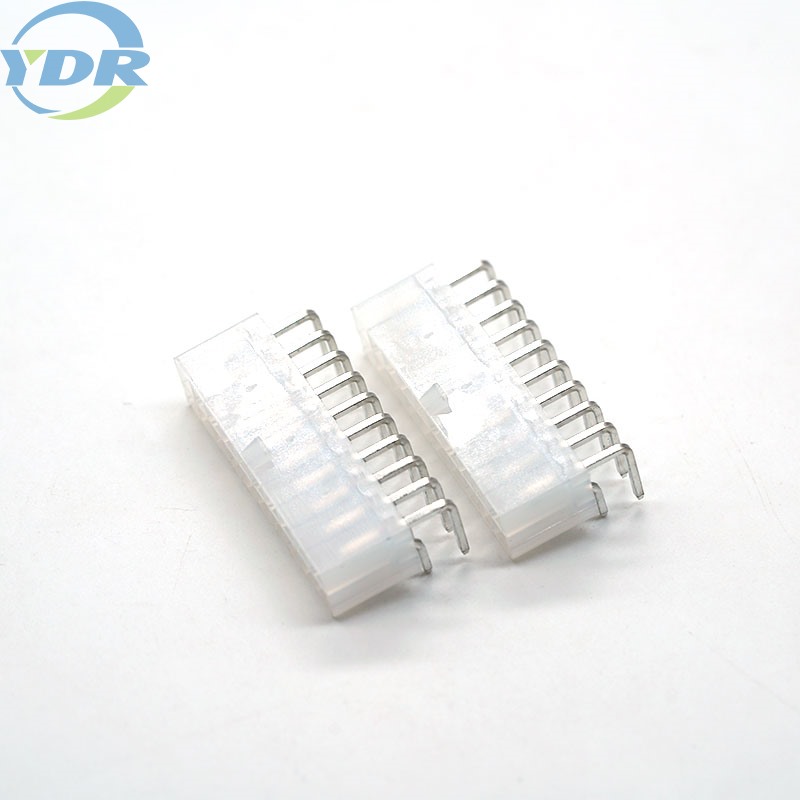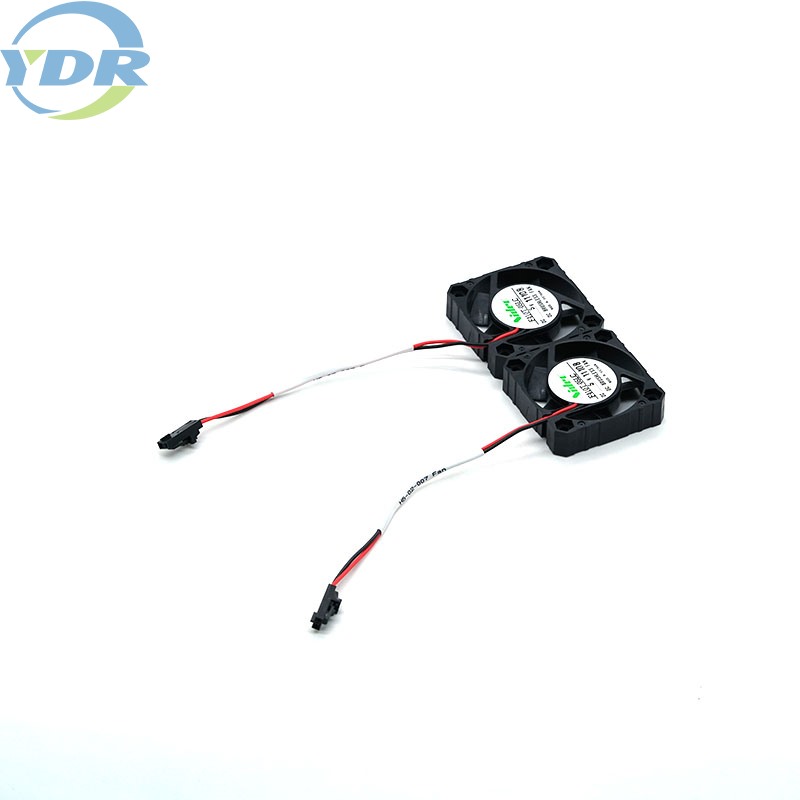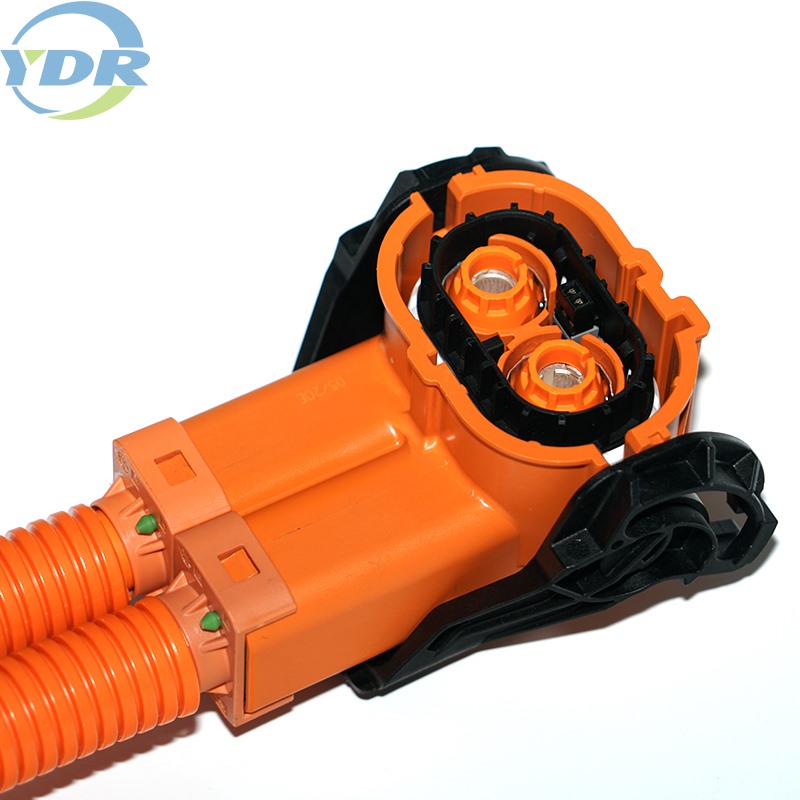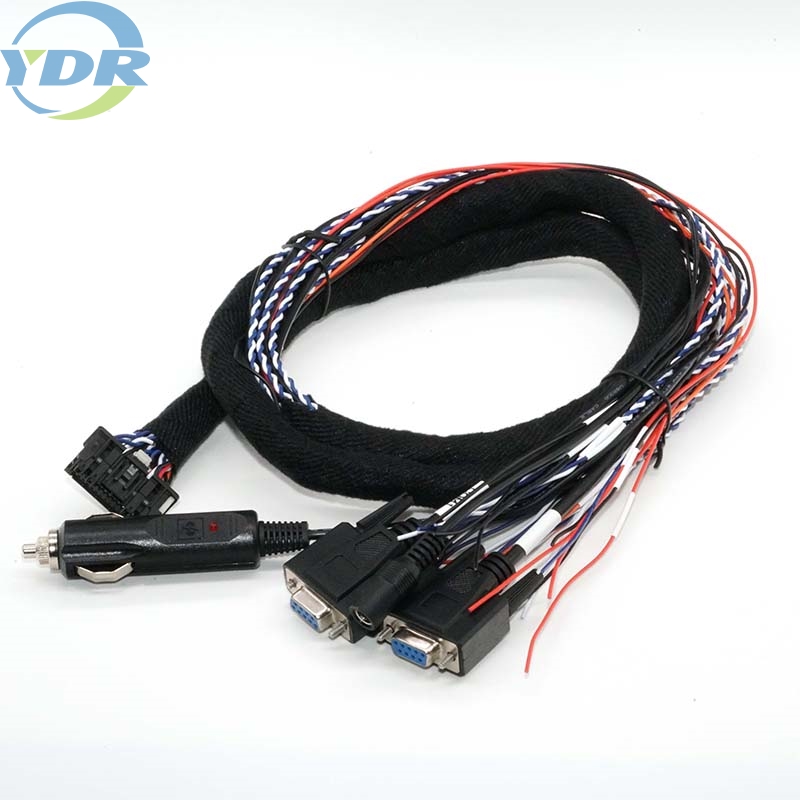Kable konektorearen eta gailuaren arteko aldea
konektore
The cables themselves are useless unless they end with a konektore or a more special coaxial konektore. A coaxial konektore allows one cable to be connected to another cable or a device. Therefore, there are two different types of konektores: those connected to the cable and those connected to the device. The device konektorelau zuloko brida du.
1. Kablea zentralizatutakonektore
In a cable, the konektore is mechanically tightly connected to the end of the cable. Once the konektorekable batera konektatuta dago, kable multzoa bihurtzen da. RF ingeniariek gero pieza bakoitza beren beharren arabera konektatzen dute. Kable multzo gutxi batzuk behar direnean, merkeagoak eta azkarrago muntatzen dira berez; baina kable multzo asko behar direnean, hobe da kable multzoak erostea.
2. Konektorea
Bakoitzaren helburua
konektore is the same, with minimum insertion loss. Although the insertion loss of the konektore is very small compared with the cable, the
konektore does have an insertion loss, and there are many different types of konektores. Almost all konektore families have konektores suitable for cables and devices. As a general rule, the konektores of one group will not match the konektores of another group.
Because some konektores are large in physical size, while others are small. If an inexpensive cable assembly is needed, then choose a small diameter cable, which limits the choice of
konektores to the small konektore family available. If the cable needs to carry high-power radio frequency signals, a large-diameter cable is required, so a large
konektatur beharrezkoa da.
The second reason is evolution. As the times change, konektore manufacturers often improve the connection according to actual needs, or reduce the insertion loss, or facilitate the use of the connection. Significant changes are made to an existing konektore type each time.
3. Egokitzailea
Horiek desberdinak direla etakonektorefamiliak, fenomeno interesgarria sortu da. RF ingeniariak kable bat konektatzera behartuta daudekonektore to another cable or device with a different konektore family. This cannot be done. The adapter is that they are in step. Adapters, also called coaxial adapters, are short bilateral konektores. On one side is one type of konektore, and once is another type of konektore.

 English
English  Español
Español  Português
Português  русский
русский  Français
Français  日本語
日本語  Deutsch
Deutsch  tiếng Việt
tiếng Việt  Italiano
Italiano  Nederlands
Nederlands  ภาษาไทย
ภาษาไทย  Polski
Polski  한국어
한국어  Svenska
Svenska  magyar
magyar  Malay
Malay  বাংলা ভাষার
বাংলা ভাষার  Dansk
Dansk  Suomi
Suomi  हिन्दी
हिन्दी  Pilipino
Pilipino  Türkçe
Türkçe  Gaeilge
Gaeilge  العربية
العربية  Indonesia
Indonesia  Norsk
Norsk  تمل
تمل  český
český  ελληνικά
ελληνικά  український
український  Javanese
Javanese  فارسی
فارسی  தமிழ்
தமிழ்  తెలుగు
తెలుగు  नेपाली
नेपाली  Burmese
Burmese  български
български  ລາວ
ລາວ  Latine
Latine  Қазақша
Қазақша  Euskal
Euskal  Azərbaycan
Azərbaycan  Slovenský jazyk
Slovenský jazyk  Македонски
Македонски  Lietuvos
Lietuvos  Eesti Keel
Eesti Keel  Română
Română  Slovenski
Slovenski  मराठी
मराठी  Srpski језик
Srpski језик 





